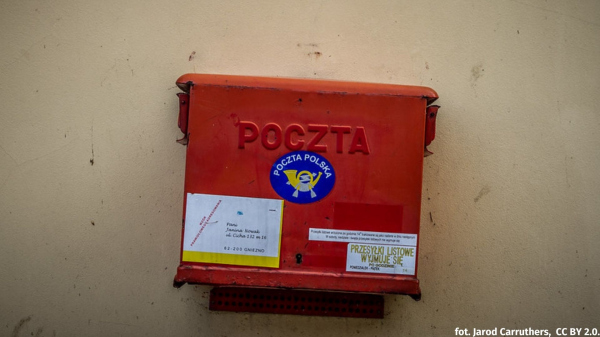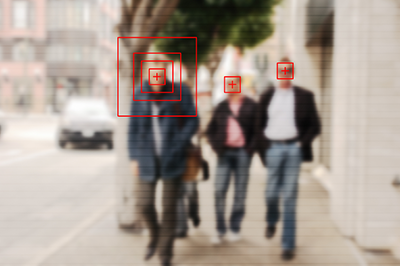
Possible non-compliance with the principle of universal, secret and personal ballot, the undermined role of the State Electoral Commission (SEC) and numerous inaccuracies and gaps leading to, among other things, inability to specify detailed rules of voting, are among the objections raised by the Helsinki Foundation for Human Rights in its comments to the bill introducing universal postal voting in the presidential election.
In its legal opinion sent to the Senate of the Republic of Poland, the Foundation draws attention to several issues such as the fact that the bill has been adopted during an ongoing election process, which runs against the basic principles of electoral lawmaking. Also, the Foundation stresses that the bill marginalises the role of the SEC and the very legislator by transferring the powers to determine the key aspects of election law to the Minister of State Assets.
In the HFHR’s opinion, the hasty processing of the bill will lead to many doubts regarding the interpretation of the new law in the course of its application. At the moment, the bill provides no clear answer to the question what to do with the electoral envelopes that have not been delivered to precinct electoral commissions by 8 pm on the polling day.
“The bill contains two contradictory provisions in this respect. One of them shows that these cards should be delivered to the branch of the National Electoral Office and the other provides that they should be delivered to the municipal precinct election commissions by a certain time”, notes Marcin Wolny from the HFHR legal team.
Moreover, the manner of delivering electoral packages adopted by the legislator does not ensure that they will reach authorised addressees.
“No one can guarantee that an electoral package thrown over a fence or stuck in a door will be received by an eligible voter, At the same time, a statement attached to the package may be filled with data available in open public registers. This is a direct threat to the fairness of these elections”, warns Marcin Wolny.
The same doubts arise about the process of adding a voter to the electoral roll. Hundreds of thousands of voters who do not stay at their place of residence and will not be able to collect their electoral package will lose the opportunity to vote due to a brief period of one day, to join the electoral roll.
“The situation will be even worse for Polish citizens staying abroad. The act will deprive them of the opportunity to take part in the voting”, says an HFHR lawyer.
The HFHR’s opinion also points out the manner of allocating members to municipal precinct electoral commissions. The solution adopted by the legislator leads to a situation where electoral commissions, each comprising of only 45 persons, may be responsible for organising elections in cities with over one hundred thousand residents.
“We are concerned that they will be physically unable to put envelopes with ballot cards to the ballot box in a legally compliant way”, adds Mr Wolny.
The Foundation further expressed doubts whether the process of postal voting would involve sufficient precautions to protect the health of persons distributing election packages, voters and members of precinct electoral commissions.
– A single misstep is all it takes to waste the social effort put so far into mitigating the effects of the pandemic – Marcin Wolny notes.


